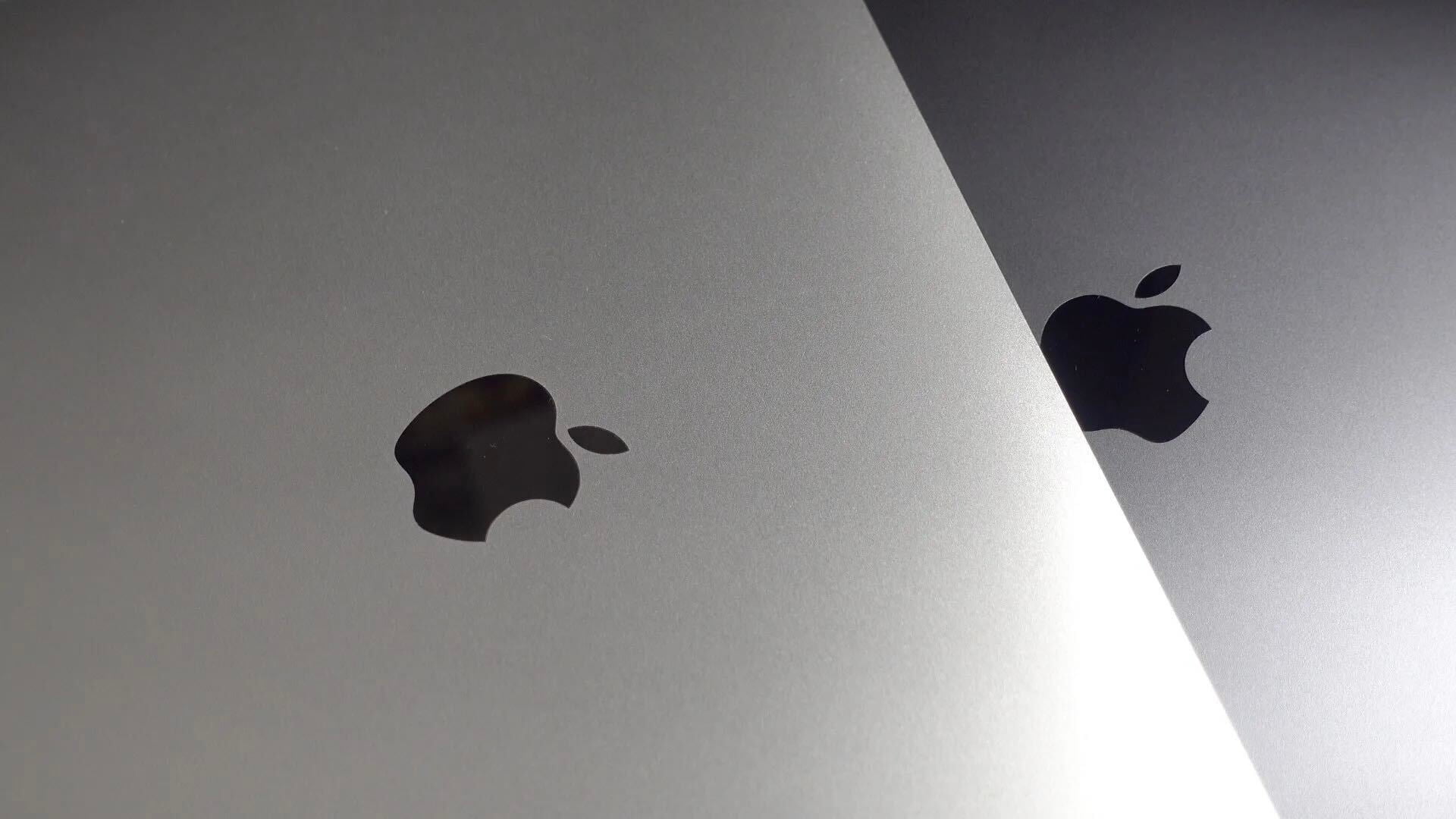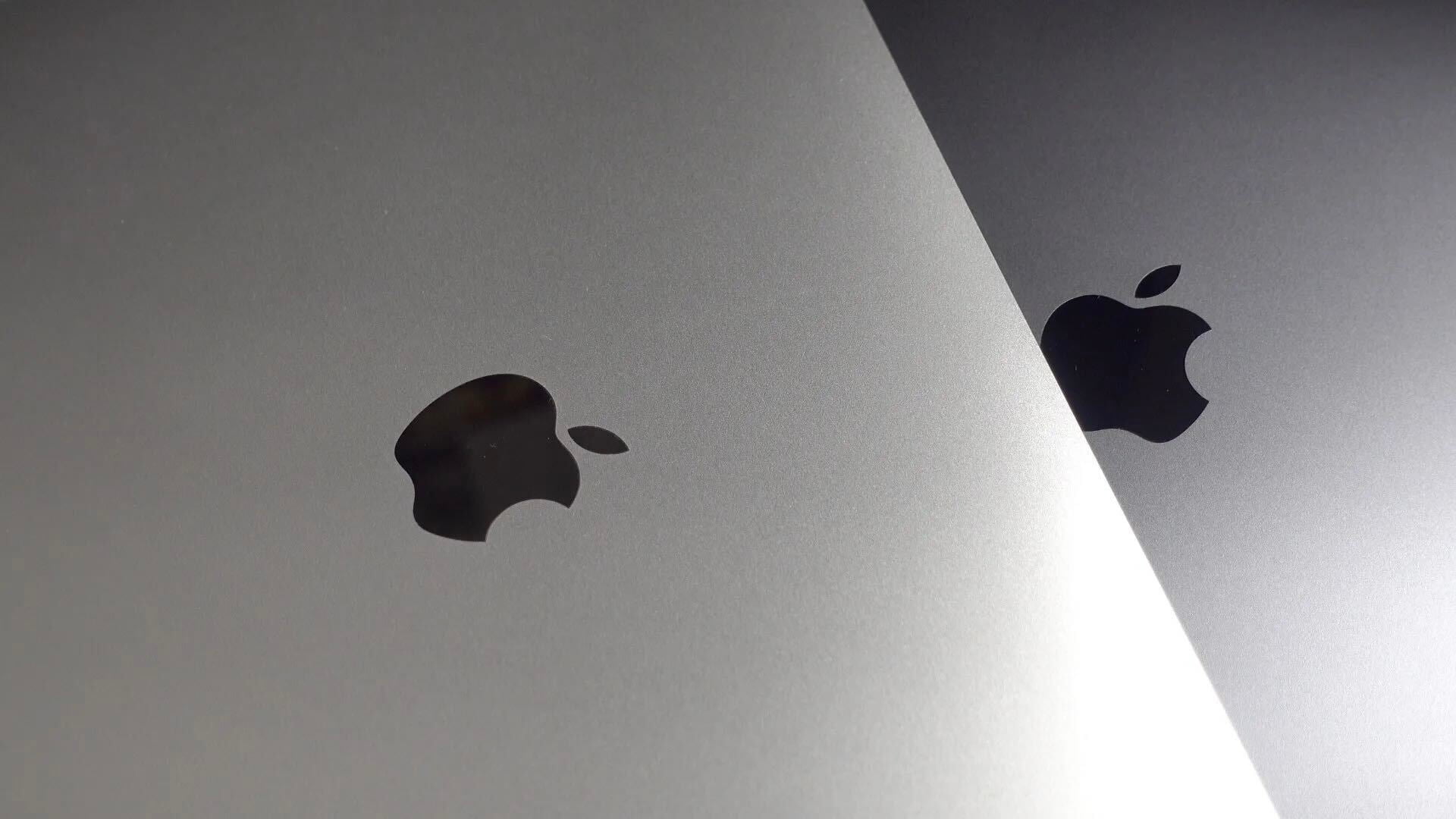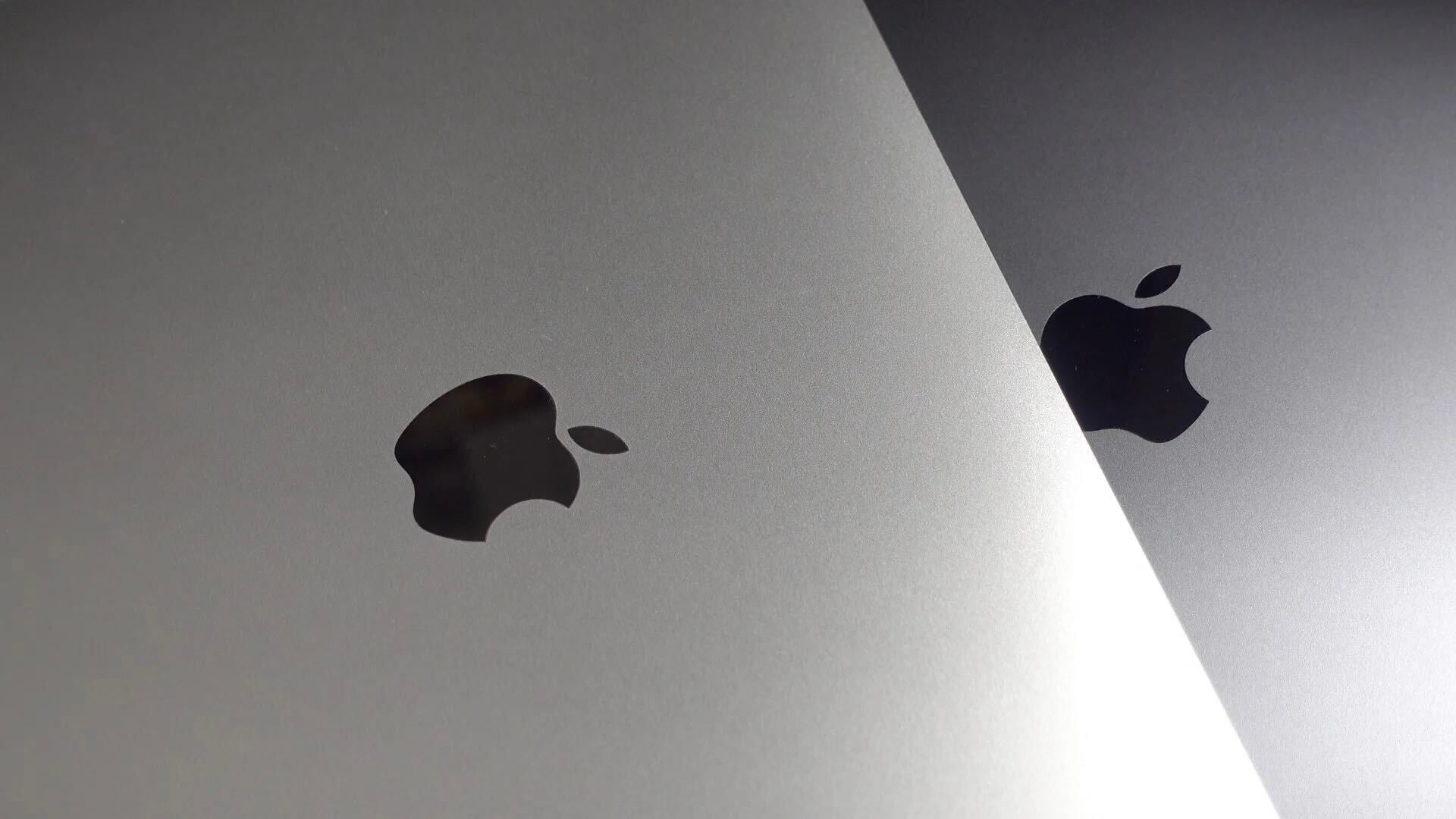Apple devices will benefit from Bluetooth improvements for range, speed, & smart apps next year


So many of Apple’s products either rely on or benefit from wireless Bluetooth connectivity these days that viewing Bluetooth’s roadmap is almost like viewing features for future Apple devices and accessories. Today the Bluetooth Special Interest Group has shared details on updates planned for the wireless connectivity technology in 2016 including improvements to range, transfer speed, and smart applications. Future and potentially even current Apple devices will certainly benefit as a result.
Expand
Expanding
Close



